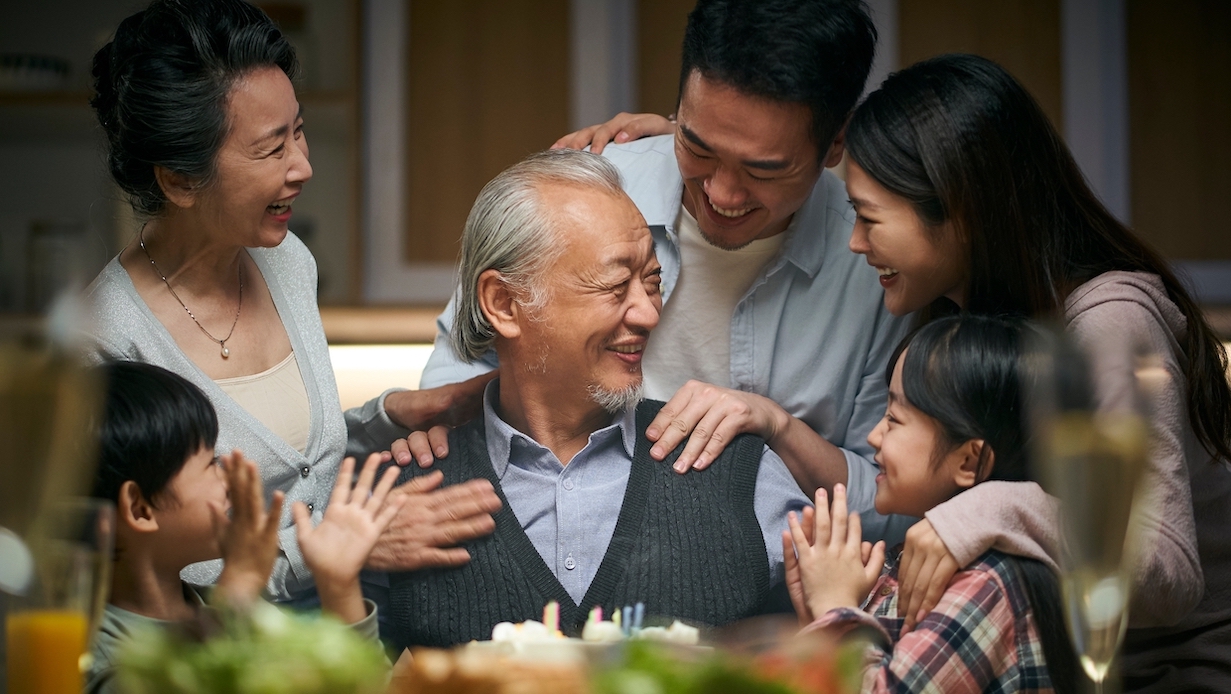
Keirō no Hi: Celebrating Longevity and Wisdom in Japan
Each year, Japan celebrates Keirō no Hi, or Respect for the Aged Day, on the third Monday of September. This national holiday honors the contributions and longevity of the nation’s elderly and holds a unique place in Japanese society. Rooted in a long-standing tradition of reverence for older generations, the day is marked with public celebrations, acts of gratitude, and communal reflection on the importance of aging gracefully.
Keirō no Hi originated in 1947, when a small town in Hyogo Prefecture first established “Old Folk’s Day.” The idea quickly gained popularity, reflecting a national sentiment of respect for elders that has long been woven into Japan’s cultural fabric. By 1966, the event had grown so significant that it became a national holiday as part of the Happy Monday System—a policy introduced to create more long weekends for Japanese workers.
Historically, the age of 60 marked a major milestone in Japan, symbolizing the completion of an entire cycle of the Chinese and Japanese zodiac calendars. With Japanese life expectancy among the highest in the world (currently around 83 years), the milestone has shifted to 70. Communities throughout Japan come together to celebrate citizens who reach this age, highlighting their vitality and contributions to society.
Keirō no Hi is celebrated with various traditions that reflect each community’s uniqueness. In some regions, the day features sporting events where older adults showcase their physical and mental agility, underscoring their longevity and their active contributions to society. In other areas, the focus is more family-oriented, where loved ones express their gratitude through thoughtful gestures, such as gifts or heartfelt letters. Though varied, all celebrations emphasize elders’ continued importance in community and family life, demonstrating a profound generational appreciation.
Obviously, respect for elders is a deeply ingrained value in Japanese society. Keirō no Hi provides a moment for national reflection on the importance of older generations. The holiday celebrates the years lived, and the wisdom and experience gained through life’s journey. Japan’s emphasis on aging well is further highlighted by the communal nature of the holiday, where cities and towns organize various activities to engage and honor their older populations.
Keirō no Hi also serves as a reminder of the social contract between generations in Japan, where intergenerational living and cooperation are commonplace. Many older adults continue to play active roles in their families and communities, whether through helping with childcare, engaging in local activities, or participating in decision-making processes. In this way, the holiday underscores the ongoing contributions of older adults, affirming their place at the heart of Japanese society.
As Japan faces the challenges of an aging population, with nearly 30% of citizens aged 65 or older, Keirō no Hi highlights the country’s efforts to ensure that older adults are supported and celebrated throughout their later years. This annual holiday stands as a testament to Japan’s cultural commitment to honoring its elderly citizens, ensuring that they remain valued community members.
Reader submissions may be lightly edited for clarity and length, while preserving the writer’s original voice.




